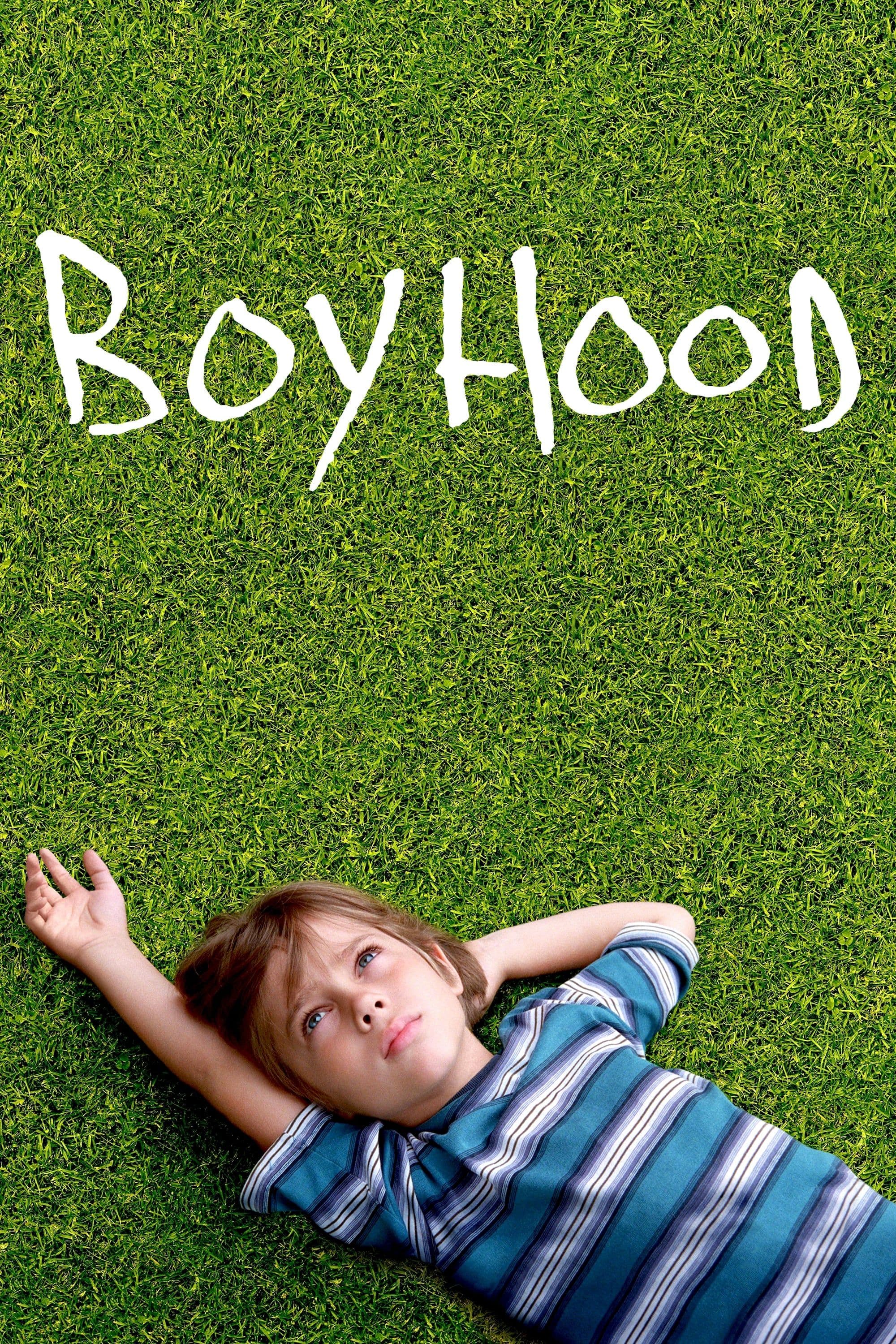
Boyhood
2014
Rate this movie
Average: 0.00 / 5
(0 votes)
Director
An original and ambitious project, something truly new within the tumultuous cinematic domain: Boyhood is the ultimate attempt to tell a story that progresses over time without using tricks but by employing the same cast members years apart. The audacity of such a monumental undertaking – filming extended over a decade, a period in which entire cinematic careers are born and fade – lies not only in its unprecedented logistics, but in its intrinsic trust in the evocative power of life's authentic flow. It is an act of faith in cinema as a mirror of lived time.
Their change over time in a sense becomes the story, in a kind of sociological experiment that challenges narrative and production conventions. One witnesses the metamorphosis not only of the characters but of the very individuals embodying them, a rare overlap between fiction and biological reality that lends the work an almost documentary resonance. Aging, the hardening of features, the evolution of postures and gazes, are an integral part of the plot, a non-verbal language that communicates the weight of the years more eloquently than any screenplay.
The lives and physiognomy of the actors reverberate in the narrative and become an integral part of the work's semantic fabric, configuring it as an impressively vivid fresco on the last twelve years of American history through the narrative filter of a middle-class family. This is not a grandiose fresco of striking historical events, but rather an intimate, whispered chronicle of the subtle influences that culture, politics, and social dynamics exert on everyday life. One perceives the echo of successive presidential eras, the shadow of economic crisis touching families, the unstoppable advance of technology redefining human interactions, all distilled into the small revelations of an ordinary family, captured in its everyday extraordinary nature.
But the temporal device with which Richard Linklater chose to construct his work is not the only reason that makes Boyhood so special. Far from being a mere gimmick or technical virtuosity, the temporal dimension merges with the director's artistic vision, transforming into an organic component of the narrative. Linklater, an auteur always fascinated by time, its perception, and its passage – as demonstrated by his "Before" trilogy (Before Sunrise, Before Sunset, Before Midnight), where the same actors return nine years apart to explore the evolution of a relationship – here elevates the concept to a further level, making it the true silent protagonist of the drama. His direction is distinguished by an almost Zen naturalism, which avoids melodrama in favor of a profound observation of the mundane, the unsaid, the pauses that punctuate existence.
The epic of this family is captivating: moments of joy, small defeats, major life milestones, the great drama of separation – all this flows without emphasis, drawing the viewer into the family microcosm, making them an integral part of that small monad. It is a narrative that shuns the artifice of Hollywood plots, preferring a picaresque, almost Proustian progression, where the importance of events is not determined by their spectacularity but by their impact on the individual's formation. There are no sensational plot twists, only the patient and inexorable revelation of what it means to grow and age in a constantly changing world.
The narrative follows the life of young Mason, from age 6 to 18. Over this span of time, the story of his family unfolds: the failure of his parents' marriage, his mother's perpetually frustrated attempts to rebuild a family, the conflicted relationship with his father, adolescent problems, the difficult relationship with his sister, going off to college, youthful love. Ellar Coltrane's performance as Mason is a lesson in unacted acting, an authentic growth that the viewer has the privilege of witnessing. Alongside him, the transformations of Patricia Arquette and Ethan Hawke, in the roles of the parents, are equally touching: we see their hopes, their disappointments, their fragilities, and their rebirths reflected in faces marked by years and experiences. The evolution of their characters, particularly that of the mother, Olivia, who relentlessly pursues stability and education despite setbacks, is in itself a parallel coming-of-age novel, a tribute to resilience and determination.
A life under the microscope, a coming-of-age novel that makes Mason a creature shaped by the events of his story. It is a Bildungsroman in the purest sense, a growth journey that does not conclude with an epiphanic revelation, but with the awareness that life is a perpetual becoming, an accumulation of moments, dialogues, and perceptions. Mason's identity is not a destination, but a fluid entity, constantly negotiating with the surrounding world and with his inner self.
A twelve-year-long story filmed with poetic inspiration and great love for the characters. Each family member is indeed portrayed with introspective power and delicate dialectical tension. Linklater does not judge, but observes with disarming empathy, granting each one space and dignity. The dialogues are natural and fluid, an integral part of the narrative, often imbued with that practical wisdom or existential disorientation typical of youth and adulthood, echoing the verism of certain American literature and the most authentic independent cinema. One perceives the artisanal care in the crafting of every verbal exchange, yet the result is an organic quality that suggests improvisation, spontaneity.
Boyhood is Linklater's ultimate act of love for cinema, the poetic attempt to capture the salient acts of a man's formation before a camera. It is a reflection on memory, on the passage of time, and on the fragility of existence, a work that, despite its production singularity, connects to a cinematic tradition that seeks to capture life in its rawest and most authentic form, from Truffaut with his Antoine Doinel to a certain neorealist school that valued the non-professional actor. The result is a work that, by using Time as its main variable, moves, captivates, and excites: exactly like the story each of us carries imprinted in our very essence as humans, an uninterrupted journey of discoveries, losses, and rebirths.
Main Actors
Genres
Country
Gallery
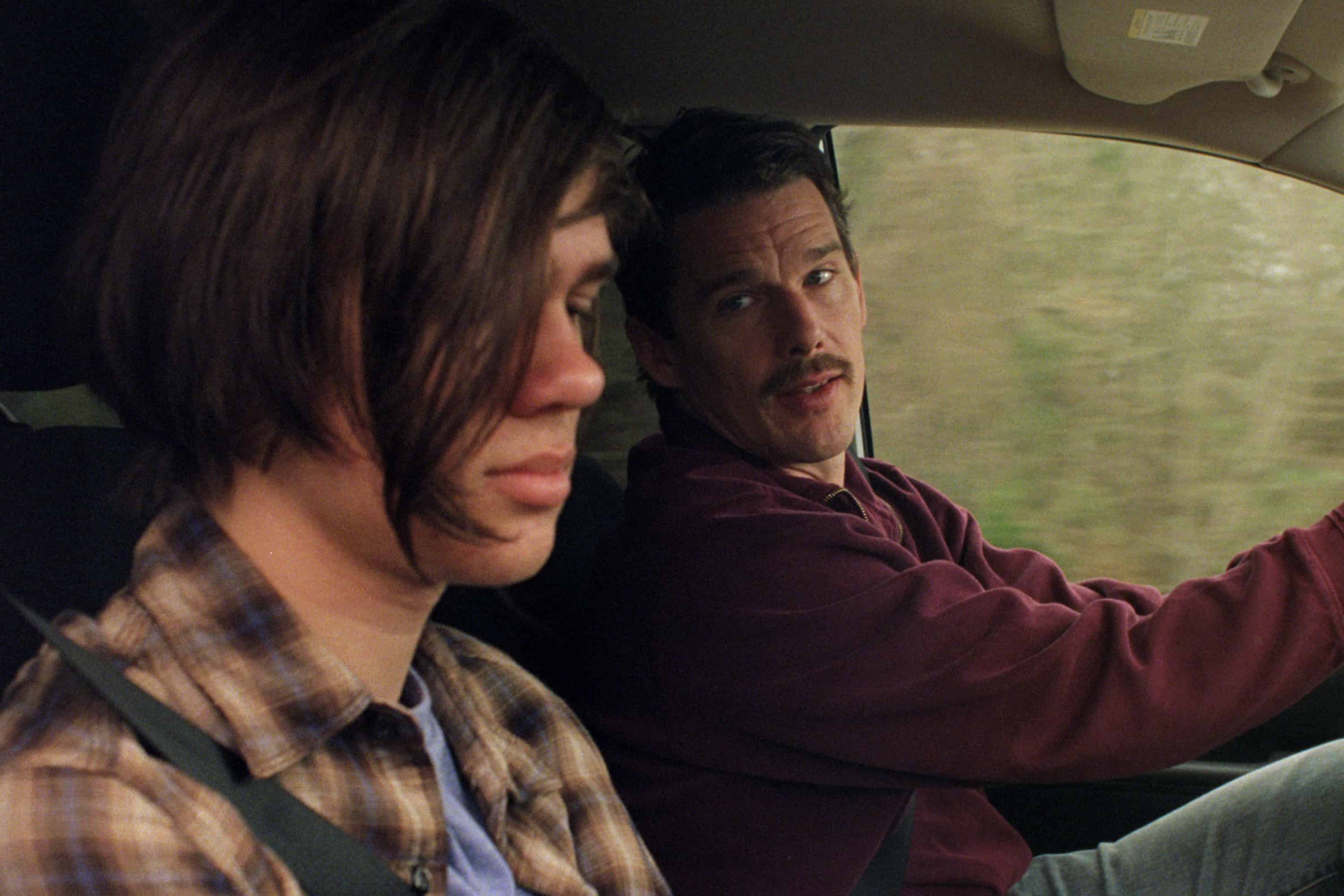


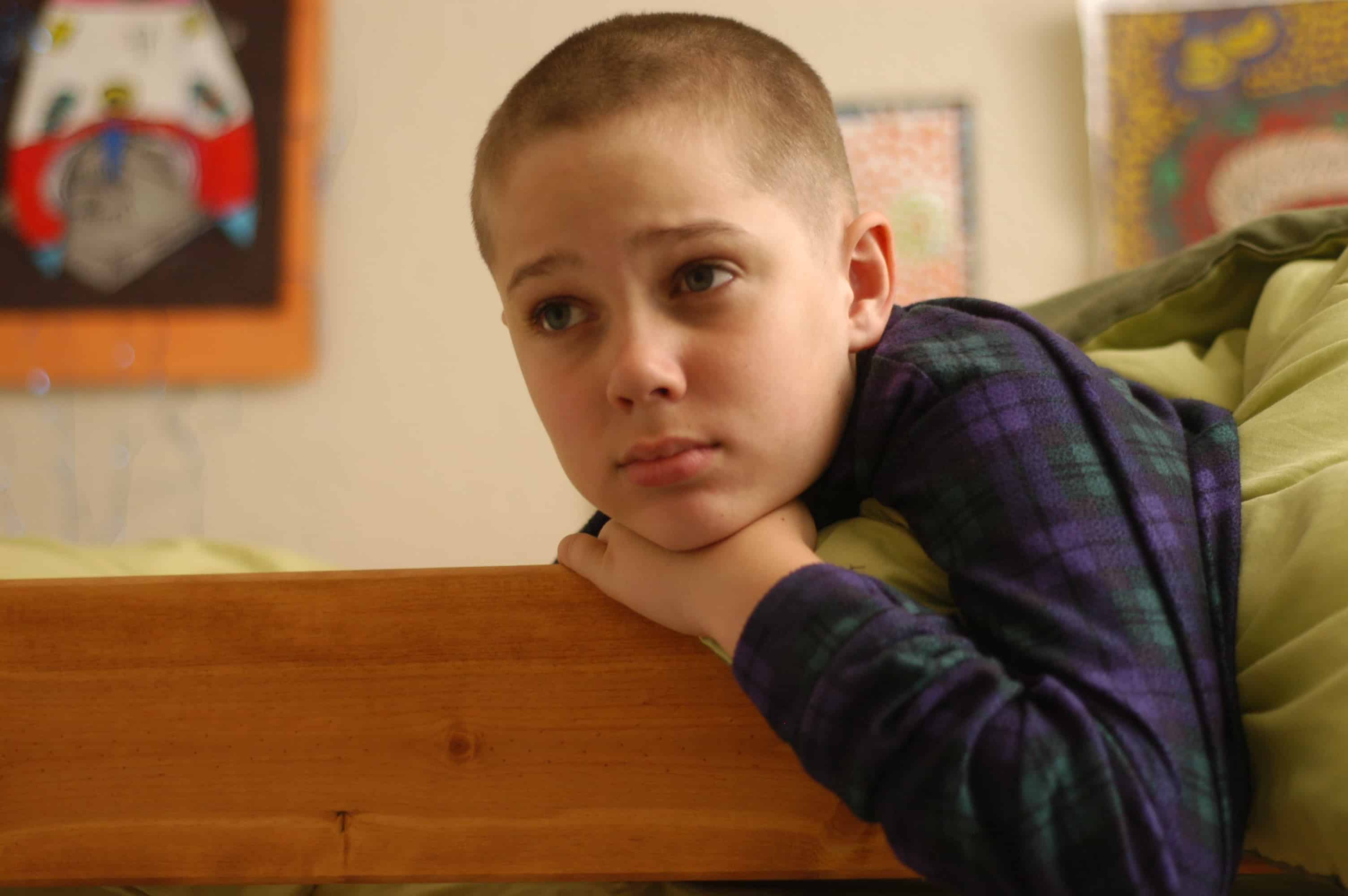

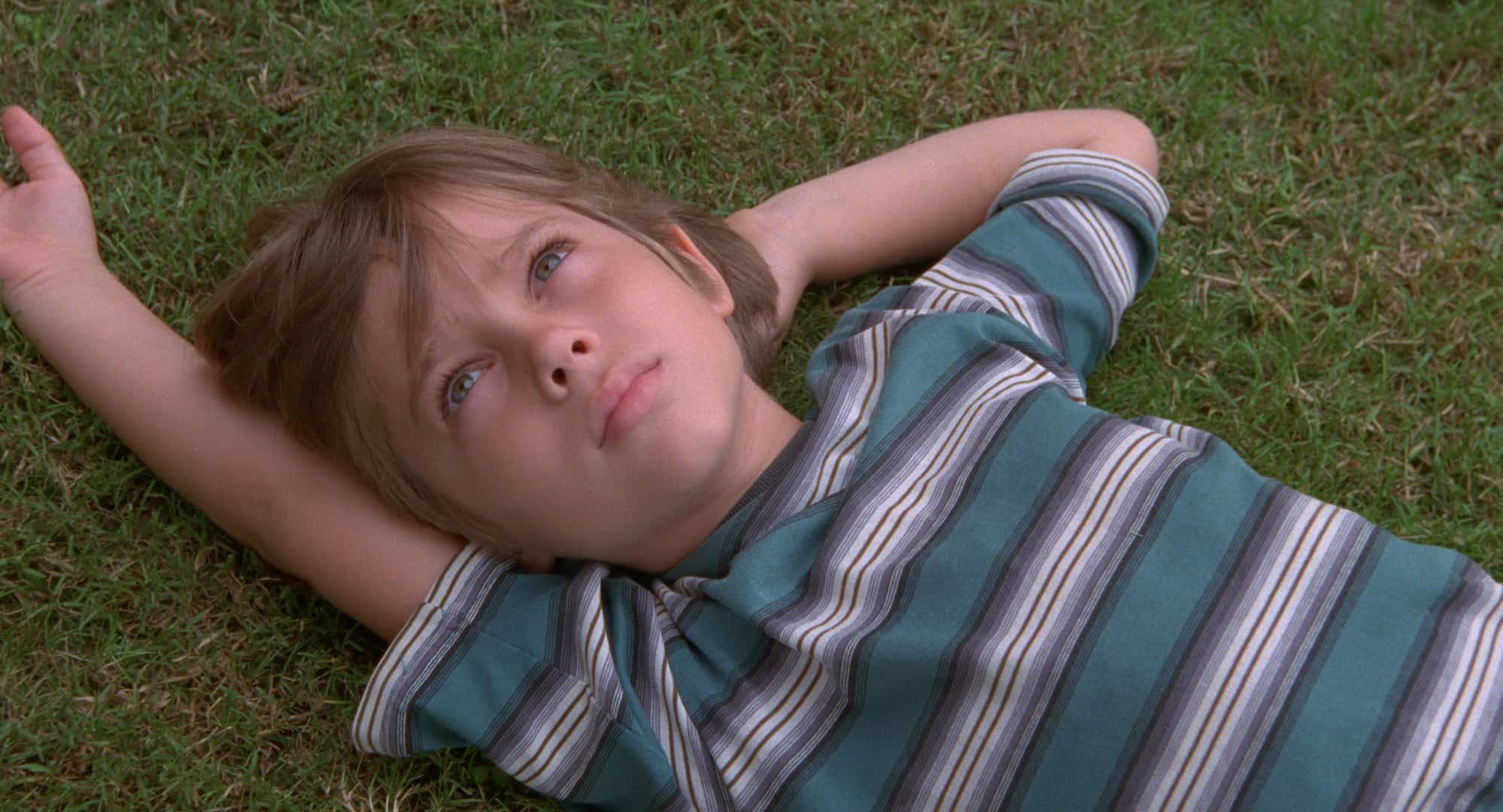
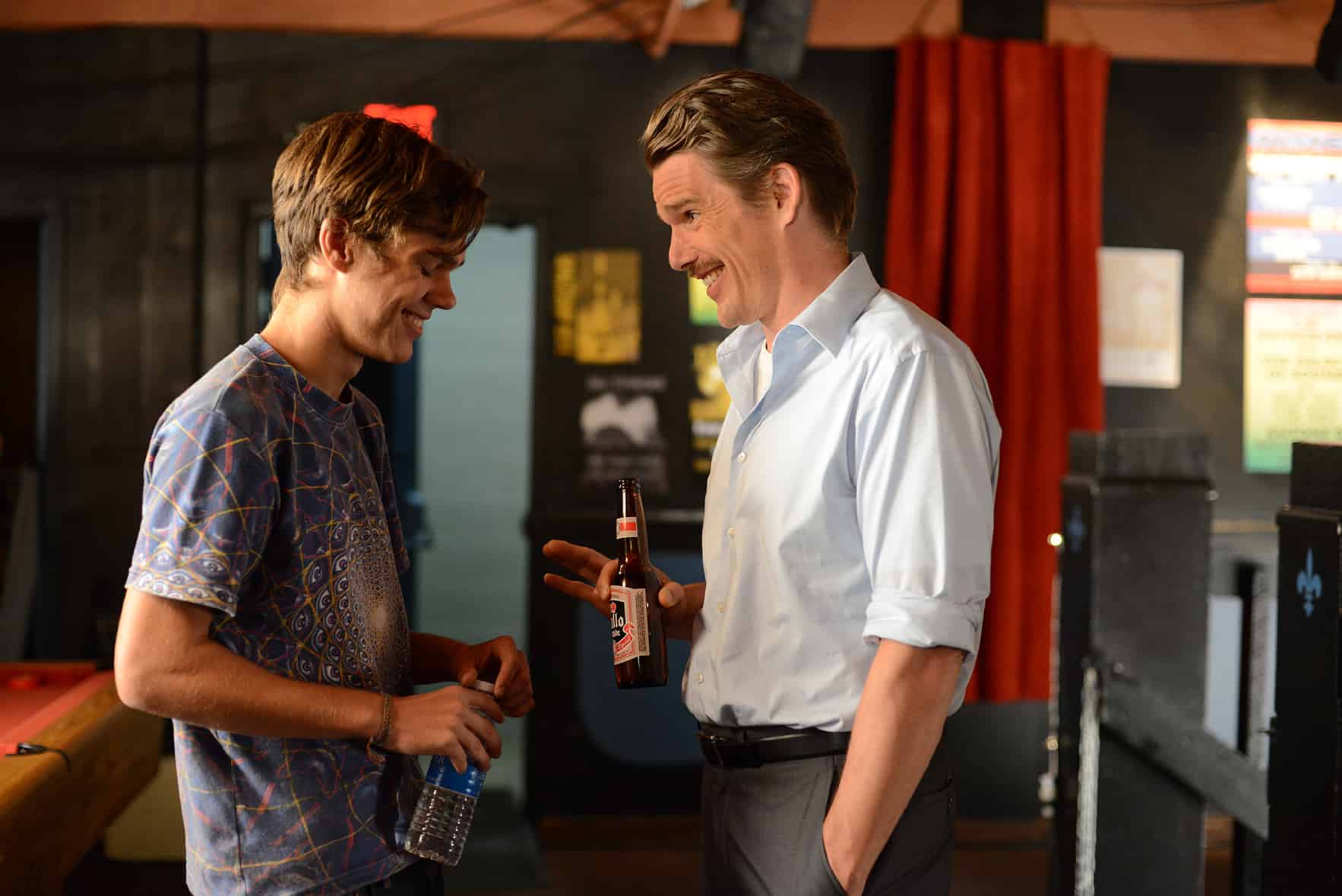
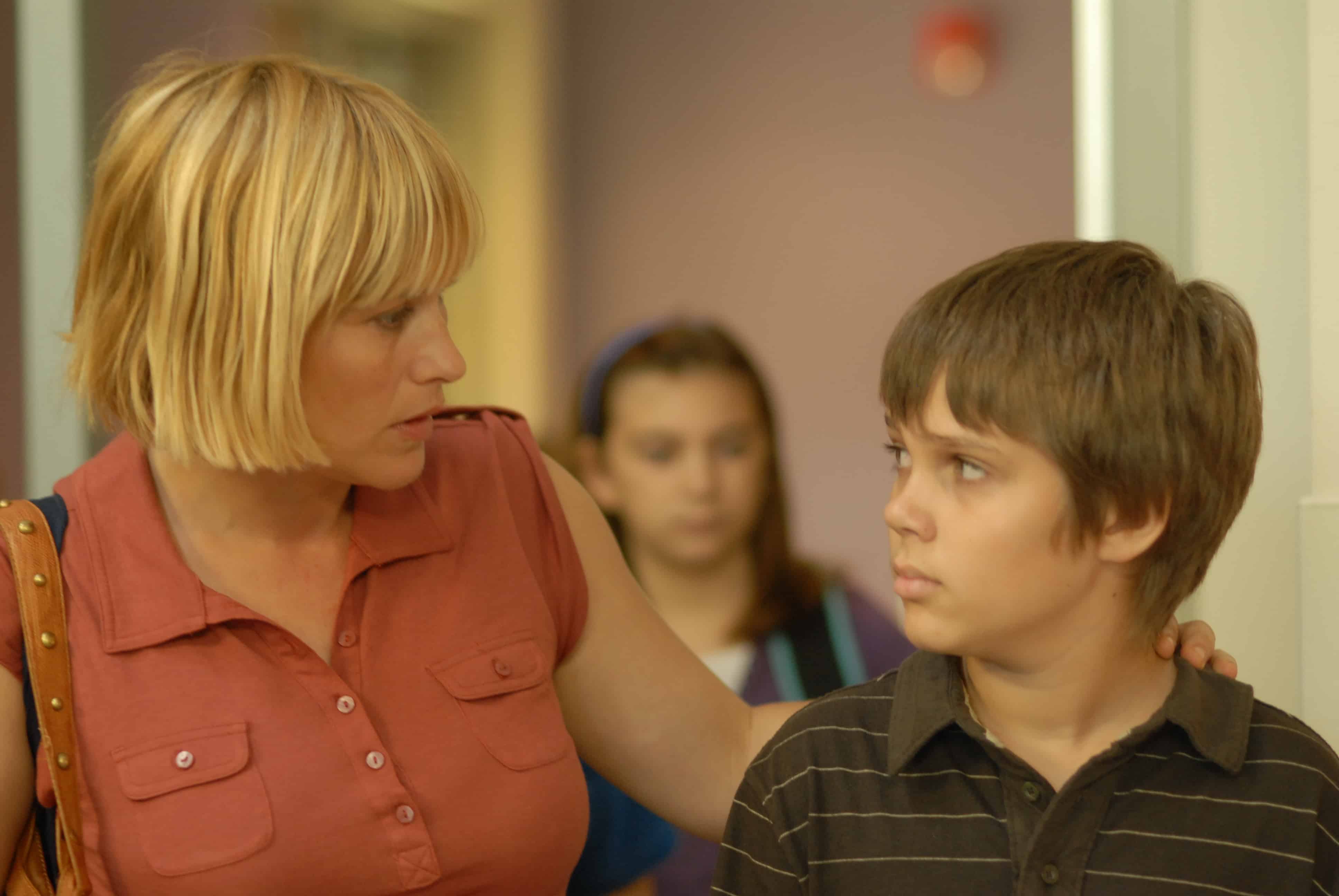


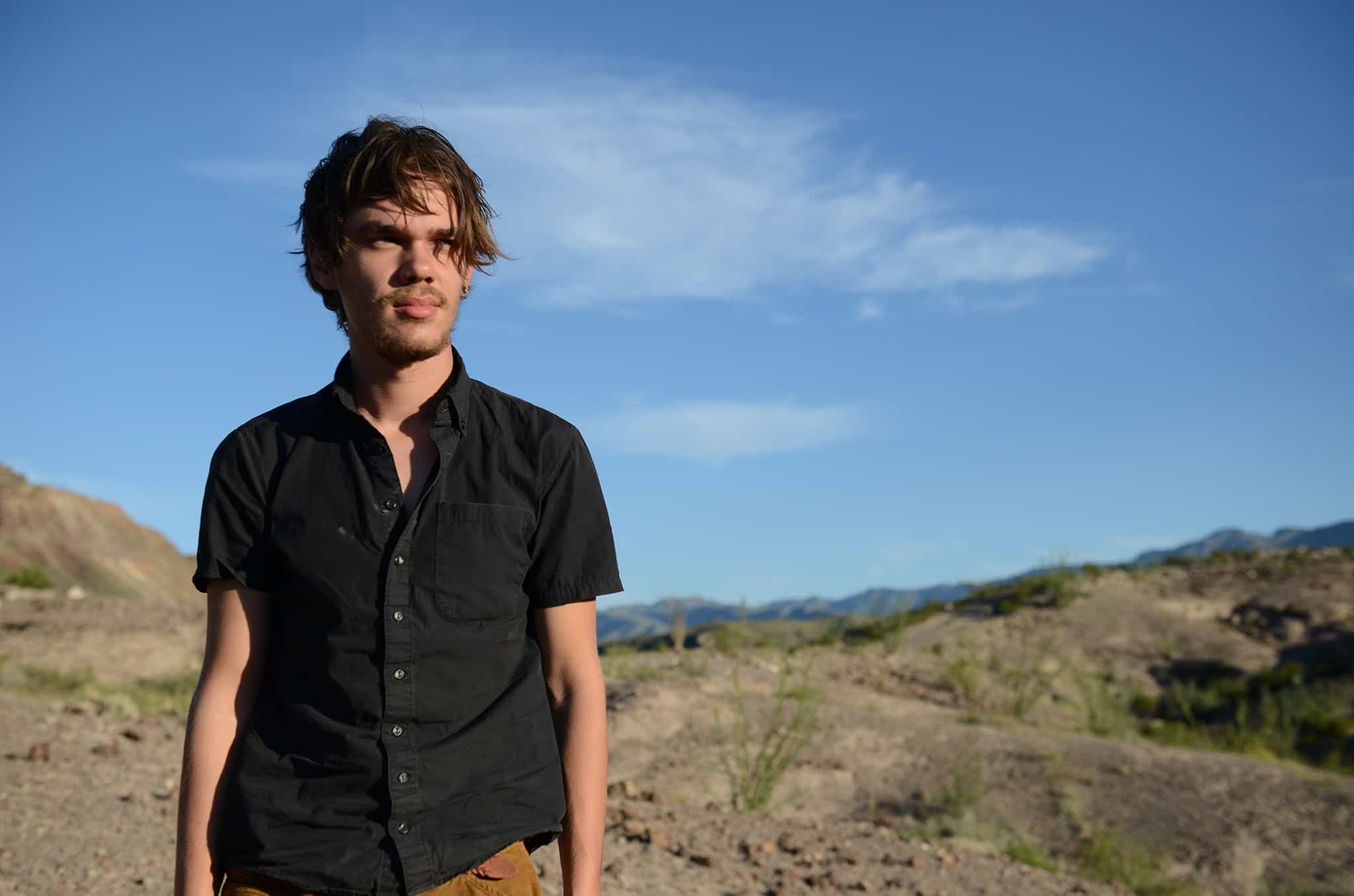

Comments
Loading comments...